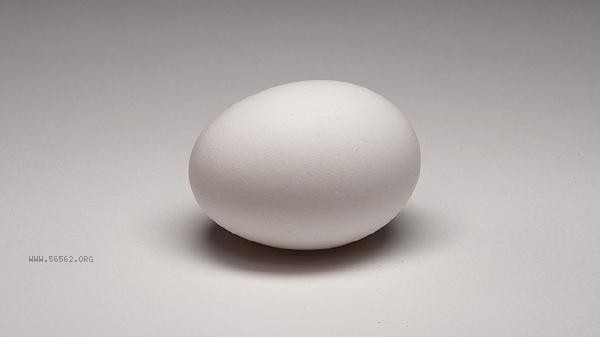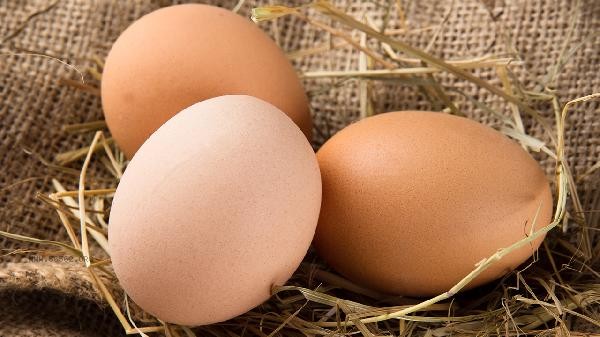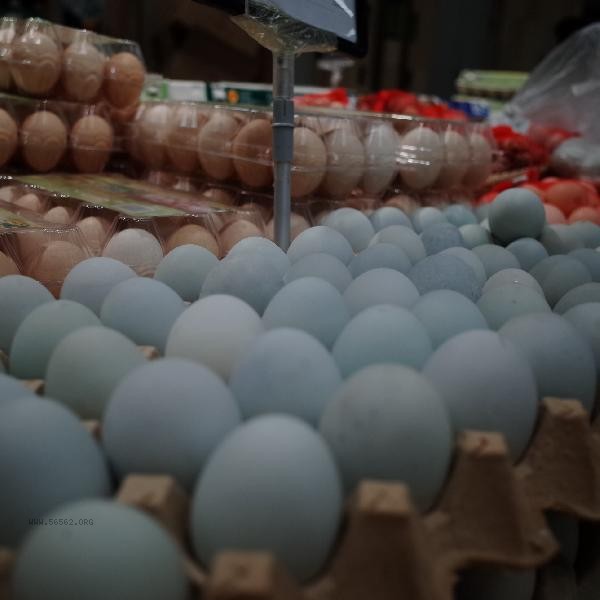Boiling eggs with yellow water may be due to incomplete cooking or prolonged storage, causing the yolk membrane to rupture and leak out. The appearance of yellow water in eggs is mainly related to factors such as insufficient cooking time, improper storage, decreased freshness of eggs, drastic temperature changes, and transportation collisions.

1. Insufficient cooking time
When eggs are boiled in boiling water for insufficient time, the yolk center may not have fully solidified. When the water temperature does not reach the denaturation temperature of egg yolk protein, egg yolk protein cannot form a stable network structure, and semi liquid egg yolk is prone to seep out from weak areas during shell peeling. Boil eggs in cold water at room temperature over medium heat for 8-10 minutes to ensure complete egg yolk solidification.
2. Improper storage
Storing eggs in high temperature and high humidity environments can accelerate the expansion of the gas chamber and gradually cause the yolk membrane to lose elasticity. When eggs are laid horizontally, the yolk is prone to adhere to the shell film, and changes in temperature during cooking can cause the adhered area to rupture. It is recommended to store the egg with the tip facing downwards upright in the refrigerator compartment, and maintain the temperature at around 4 ℃ to delay the aging of the egg yolk membrane.
3. Freshness decreases
With prolonged storage time, carbon dioxide inside the egg escapes through the pores, and the pH value of the egg yolk increases, leading to membrane protein denaturation. Eggs stored for more than three weeks have significantly reduced yolk membrane toughness and are prone to cracking due to thermal expansion during cooking. When selecting, eggs can be placed in 10% saltwater. Fresh eggs will sink to the bottom, while floating indicates that the air chamber is too large.

4. Severe temperature changes
Directly putting refrigerated eggs into boiling water can cause a large temperature difference between the inside and outside, and the rapid expansion of the eggshell may squeeze the yolk membrane. Sudden temperature changes can cause stress cracks in the egg yolk membrane, and during the cooking process, water seeps in to form yellow water. It is recommended to refrigerate the eggs and let them stand at room temperature, or slowly heat them with warm water for a transition.
5. Transport collision
Vibration collision during transportation may cause microscopic damage to the egg yolk membrane, which is difficult to detect before cooking. When an egg is subjected to an acceleration of more than 50g, the collagen fiber structure of the yolk membrane may break, and the risk of rupture increases after heating. When purchasing, gently shake the eggs. If there is a noticeable shaking sensation, it may indicate membrane damage.

When selecting fresh eggs, pay attention to observing whether the eggshells are clean and free of cracks, and maintain a dry and low temperature environment during storage. Before cooking, warm the eggs at room temperature. Use enough water to ensure uniform heating. After boiling, adjust the water to a medium fire to avoid violent tumbling. After cooking, immediately soak in cold water and use the principle of thermal expansion and contraction to separate the protein from the shell membrane for complete peeling. If the yellow water phenomenon frequently occurs, you can try using steaming method. Steam heating is gentler and helps maintain the integrity of the egg yolk. For infants, young children, and immunocompromised individuals, it is recommended to ensure that eggs are fully cooked until the yolk is solid and avoid consuming soft boiled eggs.









Comments (0)
Leave a Comment
No comments yet
Be the first to share your thoughts!